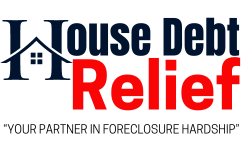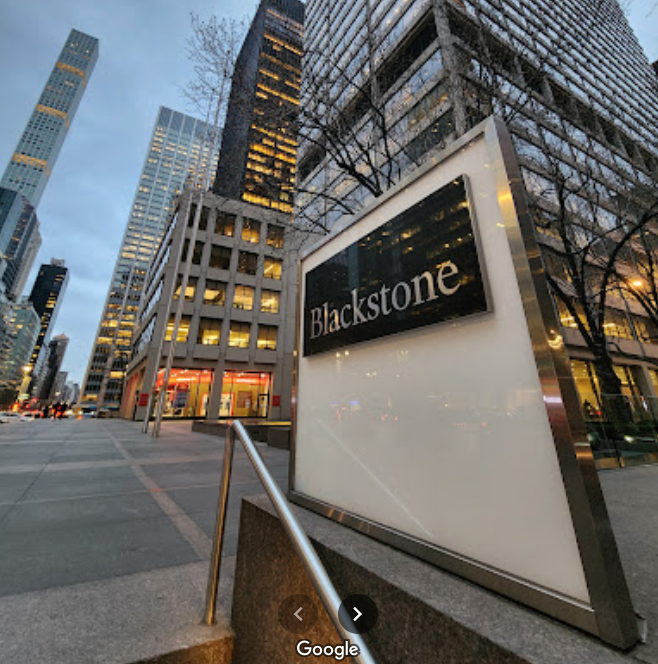By Freddie Avila
In the intricate landscape of bankruptcy and foreclosure, strategic navigation is paramount. Here’s an expert analysis to illuminate the path for those confronting these daunting challenges:
Chapter 7 Bankruptcy:
For individuals with limited assets or exemptions, Chapter 7 bankruptcy offers a lifeline. This option promises a swift resolution and the discharge of most unsecured debts, providing a clean slate for financial recovery. However, careful evaluation of personal goals and circumstances is essential before proceeding.
Pros:
Efficiency: Chapter 7 offers a comparatively expedited resolution, allowing debtors to expedite their journey towards financial stability.
Debt Relief: The discharge of most unsecured debts under Chapter 7, including credit card balances and medical bills, alleviates significant financial burdens.
Fresh Start: For those willing to surrender assets like their home to absolve remaining mortgage debt, Chapter 7 presents an opportunity for a clean break and a chance to rebuild without housing-related obligations.
Cons:
Asset Liquidation: Chapter 7 may require the liquidation of non-exempt assets, potentially including one’s home, to satisfy creditors’ claims, leading to loss of homeownership and potential eviction.
Limited Protection: Despite debt discharge, Chapter 7 doesn’t address delinquent mortgage payments, leaving homeowners vulnerable to foreclosure even after bankruptcy.
Chapter 13 Bankruptcy:
Tailored for individuals intent on retaining their assets, especially their homes, amidst foreclosure threats, Chapter 13 bankruptcy offers a structured repayment plan spanning 3 to 5 years, allowing debtors to catch up on delinquent mortgage payments while retaining ownership.
Pros:
Home Preservation: Chapter 13 offers a lifeline for homeowners, allowing them to halt foreclosure proceedings and gradually bring their mortgage current through a structured repayment plan.
Extended Repayment Period: With 3 to 5 years to repay arrears, debtors have a manageable timeframe to settle mortgage debt and avoid foreclosure, easing financial strain.
Additional Protections: Chapter 13 provides mechanisms such as loan modification and lien stripping, empowering debtors to renegotiate mortgage terms or eliminate junior liens, fostering sustainable homeownership.
Cons:
Lengthy Process: Chapter 13 involves a more prolonged bankruptcy process compared to Chapter 7, requiring several years of adherence to the court-approved repayment plan.
Strict Budgeting: Debtors must adhere to a strict budget under Chapter 13, making regular payments to the bankruptcy trustee to fund the repayment plan, which can be challenging.
Income Requirements: Chapter 13 eligibility hinges on having a steady income to support the repayment plan, potentially excluding individuals with irregular or insufficient income sources.
Understanding Lien Stripping Under Chapter 13 Bankruptcy Law:
Lien stripping, facilitated under Chapter 13 bankruptcy law, addresses the plight of property owners burdened with multiple liens, particularly during economic downturns. It involves eliminating junior liens, often secondary mortgages, rendered unsecured due to decreased property value. Exclusive to Chapter 13, this mechanism enables individuals to discharge wholly unsecured liens, a remedy unavailable in Chapter 7.
Consultation with a Bankruptcy Lawyer:
Given the complexities of bankruptcy law and the high stakes involved in foreclosure, consulting with a knowledgeable bankruptcy lawyer is crucial. Legal experts can assess one’s financial situation, analyze the feasibility of Chapter 7 versus Chapter 13 bankruptcy, and offer personalized guidance tailored to specific circumstances.
Bankruptcy Forms Relevant to Homeowners:
Several bankruptcy forms are pertinent to homeowners facing financial difficulties:
-
Chapter 13 Bankruptcy Petition: This formal request to the court initiates Chapter 13 bankruptcy proceedings, allowing individuals with a regular income to develop a plan to repay all or part of their debts over time.
-
Proof of Claim (Form B10): Creditors utilize this form to assert their right to payment from the bankruptcy estate. Mortgage lenders and other creditors with claims against the property may submit this form.
-
Statement of Financial Affairs for Individuals Filing for Bankruptcy (Form B107): Debtors provide detailed information about their financial situation, including income, expenses, assets, and liabilities. This aids the court and creditors in understanding the debtor’s financial circumstances.
-
Chapter 13 Plan (Form B1321): In Chapter 13 bankruptcy, debtors propose a repayment plan to the court, outlining how they intend to repay creditors over a period of three to five years.
-
Mortgage Modification Mediation Program Application: Some bankruptcy courts offer programs to help homeowners negotiate mortgage modifications with their lenders. This application form initiates the mediation process.
-
Notice of Mortgage Payment Change: If a debtor enrolled in a Chapter 13 repayment plan experiences a change in their mortgage payment, they may need to notify the court and their trustee using this form.
Additional Resources:
In addition to these forms, understanding the intricacies of bankruptcy and foreclosure requires comprehensive knowledge and access to reliable resources. Here are some additional resources that can provide valuable insights and assistance:
-
Bankruptcy Basics: Provided by the United States Courts, this resource offers fundamental information about bankruptcy laws, processes, and procedures.
-
Consumer Financial Protection Bureau (CFPB): The CFPB provides resources and tools to help consumers make informed financial decisions, including guidance on managing debt and navigating foreclosure.
-
Legal Aid Organizations: Many legal aid organizations offer free or low-cost legal assistance to individuals facing bankruptcy or foreclosure. These organizations can provide guidance on rights, options, and available resources.
-
HUD-Approved Housing Counseling Agencies: The U.S. Department of Housing and Urban Development (HUD) approves housing counseling agencies that offer assistance to homeowners facing foreclosure. These agencies can provide foreclosure prevention counseling and assistance with loan modification negotiations.
-
House Debt Relief: House Debt Relief offers expert guidance and personalized solutions for homeowners facing foreclosure. In addition to traditional bankruptcy options, House Debt Relief experts can explore alternative strategies such as short sales, short pays, accessory dwelling units (ADUs), wraparound mortgages, and cash offers to help homeowners avoid foreclosure and secure a stable financial future.
In conclusion, mastering the nuances of bankruptcy and foreclosure requires careful consideration, expert guidance, and access to valuable resources. By leveraging these resources and seeking professional advice, individuals can navigate these challenges with confidence, safeguard their assets, and secure a more stable financial future.
General Advice and Support for Homeowners Facing Foreclosure
At House Debt Relief, we provide general advice and support for homeowners facing foreclosure, tailored to your unique financial situation. Our primary goal is to offer guidance that aligns with your best interests.
We recommend exploring assistance through non-profit, city, and state resources first. If these resources cannot provide the help you need, please reach out to us for further assistance or to request our advice at any time.
House Debt Relief is here to support you.











